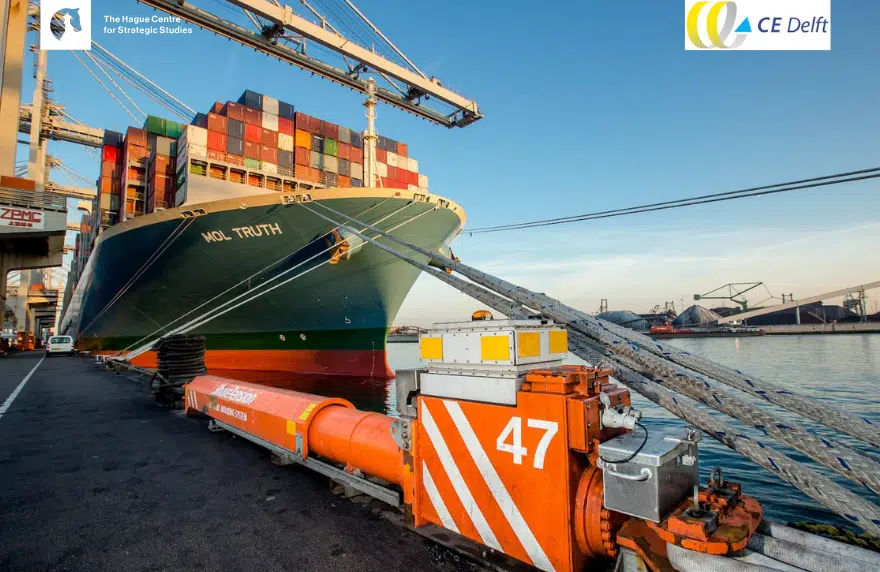Nobody does the dark side of the internet better than the Russians. From AllOfMP3.com, once the world’s most popular piracy site, to the campaign to disrupt the U.S. presidential election, Moscow’s hackers have long been world leaders in cybercrime. So it’s no wonder Russian computer geniuses are heavily involved in the internet’s latest craze: virtual currency. And it’s not just attracting cybercriminals—the Kremlin wants to get in on the cryptocurrency revolution by issuing state-backed “bit-ruble.”
Cryptocurrencies, such as bitcoin, work on a technology known as blockchain, a decentralized network of synchronized online registries that track the ownership and value of each token. They can be used as virtual cash and traded like currency. Private companies can issue their own virtual currencies to finance specific ventures, similar to crowdfunding or bonds. And their future value can also be traded, like options.
With approximately $70 billion in bitcoins in circulation and more than 100,000 merchants around the world—including Russia’s largest online retailer, Ulmart—accepting similar forms of payment, “suddenly everyone has to take cryptocurrency seriously,” says Richard Titus, an investor of cybermoney. Virtual currencies are also a potential bonanza for money launderers, online blackmailers and cybercriminals—especially in Russia. And with the market still basically unregulated, Titus warns, “it’s definitely the Wild West.” Even JPMorgan Chase CEO Jamie Dimon, usually a bull on tech innovation, warned in September that virtual currencies are “a fraud.… It won’t end well. Someone is going to get killed. It will blow up.”
Russians have been involved in cryptocurrencies since their inception in the mid-2000s. Criminals used the first virtual currencies, such as e-gold, to commit cross-border credit card fraud. The original technology was “mostly U.S.-based, but it was always linked to Russia,” where 80 to 90 percent of global card fraud activity took place, says Alexander Klimburg, author of The Darkening Web, a newly published examination of cybersecurity threats.
Read the whole article.






